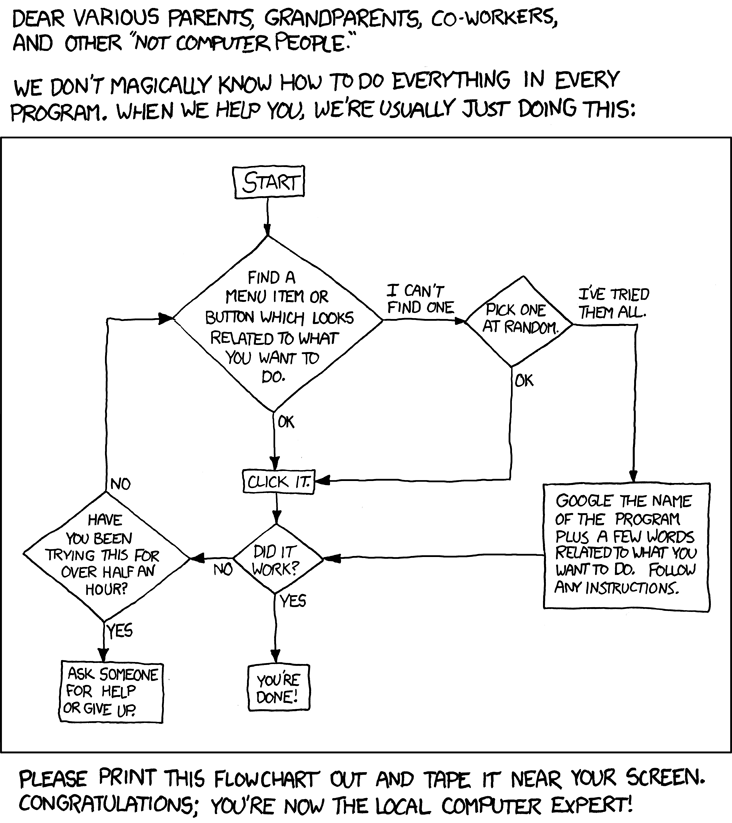Follow-up to: Boring Advice Repository
Many practical problems in instrumental rationality appear to be wide open. Two I've been annoyed by recently are "what should I eat?" and "how should I exercise?" However, some appear to be more or less solved. For example, various mnemonic techniques like memory palaces, along with spaced repetition, seem to more or less solve the problem of memorization.
I would like people to use this thread to post other examples of solved problems in instrumental rationality. I'm pretty sure you all collectively know good examples; there's a comment I can't find from a user who said something like "taking a flattering photograph of yourself is a solved problem," and it's likely that there are other useful examples like this that aren't common knowledge. Err on the side of posting solutions which may not be universal but are still likely to be helpful to many people.
(This thread is allowed to not be boring! Go wild!)

The argument boils down to "you can use more weight" and "it involves the posterior chain more." Neither of these supposed benefits are worth the greater chance of injury. Low bar squats place significantly greater loads on the spinal erectors, which is fine if you're an experienced weightlifter and know how to maintain good form. A newbie who lacks proprioception is the worst person to have doing this. I see and speak with many people doing SS at my university gym and most of the ones doing lowbar do it with poor form and rounded backs. In contrast it is much easier to do highbar squats with correct form as they are much more intuitive. Low bar squats took me months and months to learn proper form with and I strained a spinal erector during this learning process. High bar squats took me a few lifting sessions to learn.
All that said, low-bar will work better for some people due to anatomy, but most have an easier time with high bar. You do need weightlifting shoes to do proper high bar squats. And you also need to throw in a few sets of RDL's to hit the hamstrings.